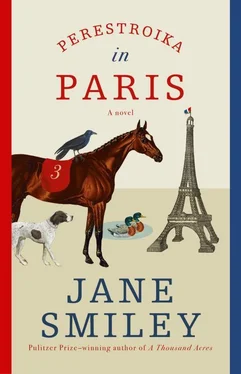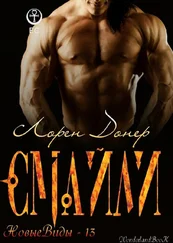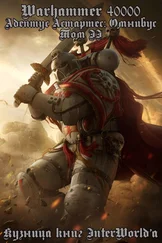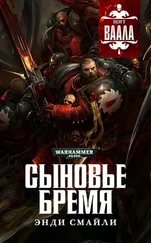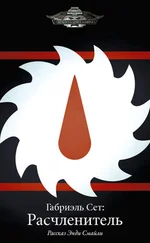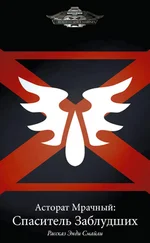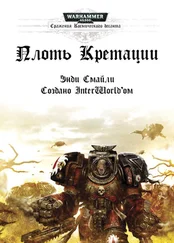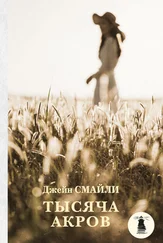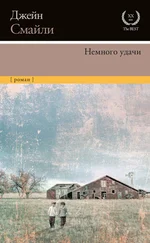Paras had a good view of the rat out of her left eye, so she didn’t roll up onto her chest. She said, “ ‘Welcome’?”
“Yes, this is our territory. My father is Conrad and I am Kurt. Our castle is in the walls, but, as you can see, we have several courtyards, of which this is the largest.”
“Do all—” She thought “little,” but she said, “petite animals talk all the time about their property and importance?”
Kurt’s whiskers twitched. He said, “In the first place, size is in the eye of the beholder, and in the second place, the only rats I know are myself and my father. All of the others who used to live around here, even the brown ones, have been killed or driven off by cats. There aren’t many birds around, either, for that matter.”
“What about your mother?” said Paras.
“I don’t know,” said Kurt. “We don’t talk about that.”
Paras, who had, as far as she was concerned, been separated from her own mother, Mapleton, far too soon (but no sooner than the other fillies—it was something the six of them who were turned out together had discussed endlessly), sighed in sympathy.
Kurt said, “My father says that you are a horse. Actually, we both thought horses were mythical animals, so we are a little surprised to see you, but what is, is. Rats are down-to-earth realists. Life is short, tunnels are long.”
Paras didn’t know what this meant, but horses also had their mottoes that were not all that understandable, like “Stay or go.” She ruffled her nostrils. Kurt must have felt comfortable, because he coiled up, twitched his whiskers again, and sighed. He said, “I like you.”
Paras said, “You don’t know me.”
Kurt said, “Your broadcast is calm.”
“What does that mean?”
“Well, I see something with my eyes—that you are huge, reddish brown, furry, long-legged. I hear something with my ears—that your heart beats with a kind of roar. I smell something with my nostrils—that you have eaten split peas for your latest meal. I sense something with my paws—that, beneath where you lie, the floor sinks a little bit. And I receive something with my whiskers—that your global orientation is well adjusted.”
“What is that?”
“If you don’t know, I can’t tell you,” said Kurt.
But maybe Paras did know—maybe that was how you ran down a racecourse and jumped the hurdles and felt the ground moving this way and that and were not bothered by it, but found it enjoyable. She said, “You should talk to my friend Raoul. He’s a raven.”
Kurt shuddered. Silence descended, and Paras could hear rustling from Étienne’s room. Then the door opened. Just like that, Kurt was gone, and since she had good night vision, Paras could now see the hole that he disappeared into, half hidden behind the leg of a piece of furniture. She rolled up onto her chest. Étienne’s footsteps pattered around the couches, and he appeared. He immediately stroked her several times on the forehead and the neck. She knew it was time to go out.
She stood up and followed him down the hall and into the cuisine . Her own hooves sounded very loud on the parquet floor. He gave her a drink of water in the sink, and opened the back door. She went.
The snow was gone, the sky was clear, the moon was bright. Paras shook off the chill and walked around, enjoying the very act of moving. A gallop, she thought, would be nice, wouldn’t it? It was true that she hadn’t had a real gallop in a long time; thinking of her races had put her in the mood. Some racehorses saw galloping and racing as jobs they did, with food and shelter as the reward. Certain very good racehorses Paras had met seemed to be complainers, at least around the barn, always cocking a hoof or pinning their ears, dogging it to the practice course, needing a smack with the whip, then kicking out when they got one, but putting on the speed when they knew they had to, maybe so that they could lord it over everyone else and brag about their record. Others enjoyed it too much—everyone in the barn knew about horses who went out for a race and never came back, broken down. But there were those, and Paras considered herself one, for whom galloping was as natural as walking. Her problem had never been the gait—it had been her mix of curiosity and alertness. Delphine and Rania had been good with her, let her do it her way. And yet she had walked away from them. She lifted her nose and sniffed along the top of the fence—there was no looking over it—but she smelled nothing of Frida, nothing of Raoul. She was restless, and she kept walking. Étienne had closed the door—she could see his face in the window, and then she couldn’t, but the light stayed lit. She walked all along the fence, saw that there was a gate, but it was solid. When she kicked it or leaned against it, it didn’t move. She walked and walked. Since she was protected from the wind, she wasn’t cold, though her coat was fluffed up. She made several deposits and watered an old patch of asparagus.
The snow had presented Pierre, the head gardener, and his crew with plenty of extra work. They had to plow and shovel, though not cart away—Pierre knew that if he made paths the sun would do the rest. This was Paris! The sun in Paris was almost always cooperative. The fact that so few citizens came out early in the morning—using the snow as an excuse to stay home and relax—made his work all that much easier. Pierre didn’t mind snow at all—he in fact rather missed it. His grandparents had lived in Arvieux, and he had visited them often as a child, enjoying many winter sports.
As he and his crew worked, he watched for Paras’s tracks; he had seen them heading east, then fading out in a long patch of ice. He could let some nice hay drop off the back of a truck or a snowplow not far from the pond where Paras and (he thought) that dog lurked about, which he had still not mentioned to Animal Control. Pierre kept his eye on the newspaper and the Internet—but he’d seen none of the advertisements Delphine had placed. Pierre was beginning to think that he had done the wrong thing in turning a blind eye to the animal, in admiring the appropriateness of a beautiful horse in the Champ de Mars, where armies and cavalries once drilled, carriage-horses and riding horses once trotted along.
Could this be a horse who had escaped the slaughter truck? Pierre was not himself fond of horsemeat, but he knew old people who were. There were horsemeat purveyors here and there in Paris—one in Montmartre had neon-lit horse heads over the shop door. This horse was a beauty, though—lovely mover, prideful carriage, rich color, luxuriant mane and forelock, long, thick tail. If they were sending such horses to the abattoir these days, then times were even worse than he had thought.
It was a busy and exhausting day, and Pierre only wondered about the horse every so often. It had to be said that he missed the horse. He kept his eye out for any sign of a mishap—horse carcass rolled up out of the way, broken leg from the ice or snow, starvation, anything else. When he quit work late that night, he was tired and blue. He’d had a wife for a while, but perhaps she had not been able to stand the four cats in the end. She was now living in Montpellier with a man ten years younger than she was who taught at the university. She’d sent Pierre a picture of her apartment—no animals, no plants, no cushions or pillows, and only a futon for a bed. He wished her well.
As he headed for the École Militaire Métro station, he walked down the Rue Marinoni right when Paras was snuffling the top of the fence and pressing her shoulder against the gate. Paras had never seen Pierre except from a distance. She didn’t know that the occasional apple that appeared beside the pond was left by Pierre. Now she smelled him (sweat, grease, gasoline), but didn’t think anything of it. Pierre was so lost in thought that he didn’t notice that the gate in that fence he’d passed so many times was bowing outward, nor did he hear the breaths Paras blew as she investigated her new world. Pierre decided to put off thinking about whether to call Animal Control and what to say (would they themselves be inclined to send the horse to slaughter?) until morning. Meanwhile, Paras decided to go to the door and tap it with her hoof. When she did, Étienne let her right in, and they walked to the grand salon, where she went to her corner and settled herself like a dog. In the evening, when he went to bed, Étienne prayed to Saints George the Dragon Slayer (Etienne didn’t mind thinking about dragons—they were interesting to imagine and there didn’t seem to be any of them in Paris) and Éloi, who were, he had read, the patron saints of horses, though whether they took under their care horses sleeping in grand salons in Paris, he had no way of knowing.
Читать дальше
